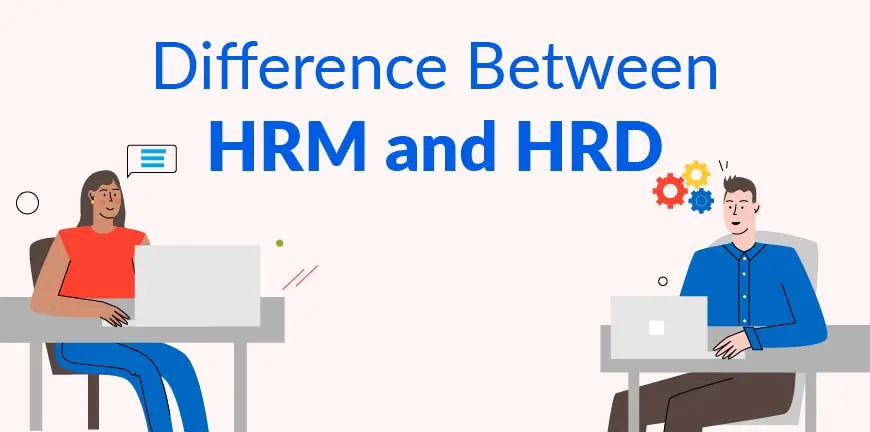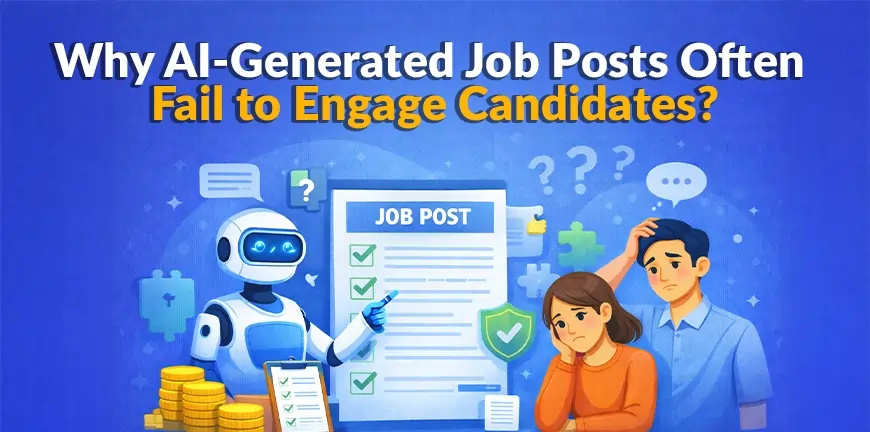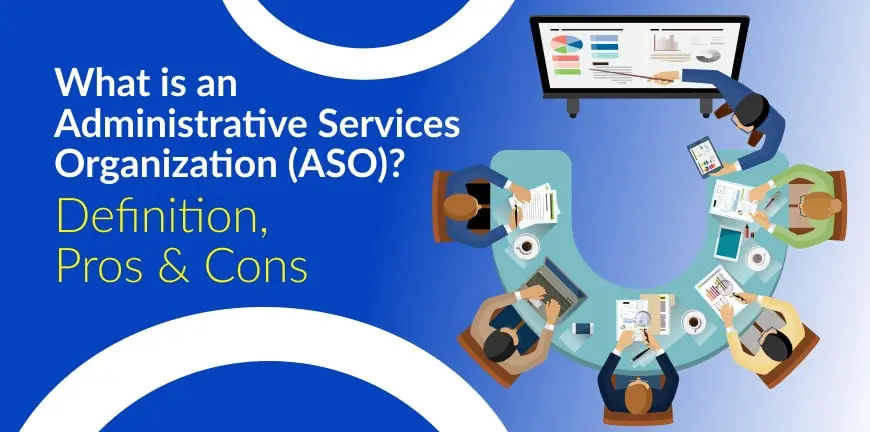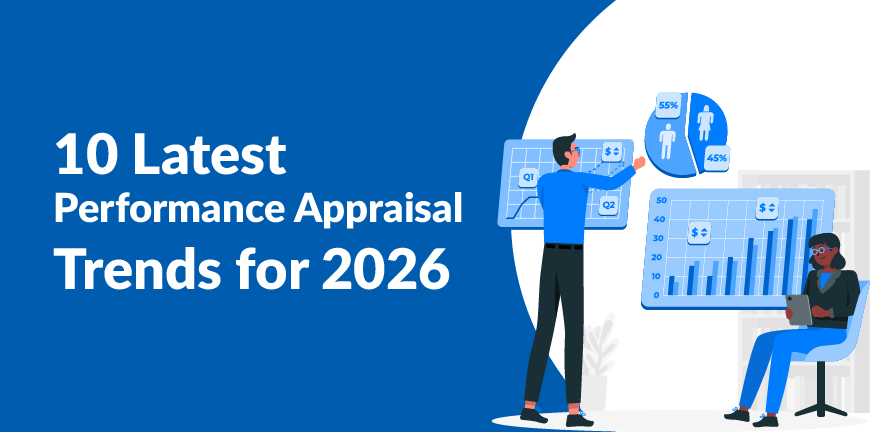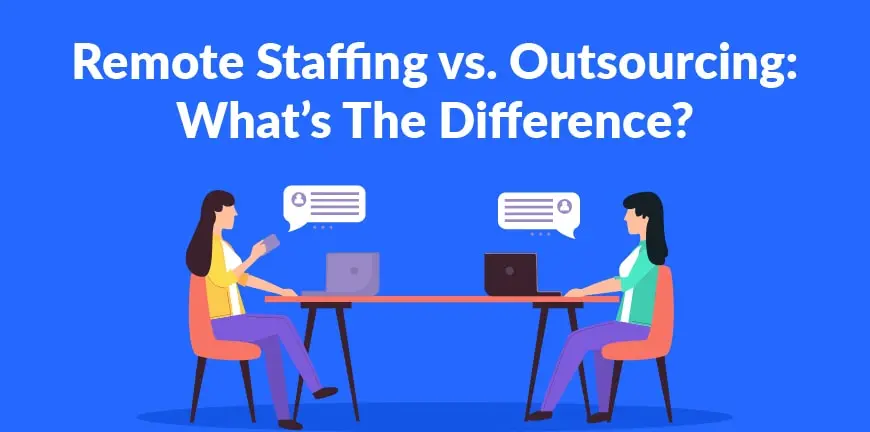
Remote Staffing vs. Outsourcing: What’s The Difference?
31/05/2024
How Much to Pay a CEO and How?
04/06/2024- What is HRM and HRD?
- What is HRM?
- What is HRD?
- HRM vs HRD: What is the difference?
- Why Are HRM and HRD Both Important?
- What Are the Key Similarities Between HRM and HRD?
- What are the Challenges in Managing HRM and HRD together?
- What Is the Future of HRM and HRD in the Digital Era?
- Adding up
- How Does ALP Consulting Help Companies Balance HRM and HRD?
- FAQs- Frequently Asked Questions
HRD and HRM although interconnected are two very distinct concepts. The difference between HRM (Human Resource Management) and HRD (Human Resource Development) lies in their functionality. HRM encompasses the part of the employee life cycle including the recruitment, compensation, performance management and employee relations. HRD on the other hand, focuses on the training and development part of the employee life cycle in an organization including enhancement of employee skills, knowledge, abilities fostering career development.
What is HRM and HRD?
HRM and HRD is what dictates the entire employee life cycle, right from the recruitment of an employee to their exit from the organization. Everything that falls between these two aspects is collectively governed by HRM and HRD.
HRM (Human resource management) focuses on
- The administrative part of human resources and how to manage it.
- Initial employee life cycle, meaning the operational aspect of it.
- Involves recruitment, selection, compensation, and benefits and maintaining employee relationships.
- Ensuring that the right candidates have been hired at the workplace.
HRD (Human Resource Development) focuses on
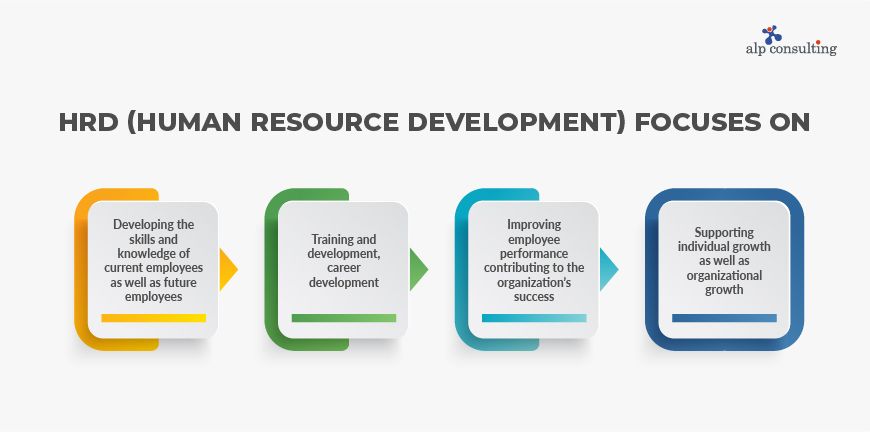
- Developing the skills and knowledge of current employees as well as future employees
- Training and development, career development
- Improving employee performance contributing to the organization’s success
- Supporting individual growth as well as organizational growth
What is HRM?
HRM (Human Resource Management) is the part of management in an organization where the human resources of the firm are put to the best use possible by providing them with the required resources. HRM focuses on the management and deliverance of administrative tasks, policies, and procedures. It involves tasks like recruitment, payroll compensation, benefits, compliance with labour laws. HRM aims to align organizational goals with employees to create a successful workforce and a productive environment.
What is HRD?
HRD (Human Resource Development) is the process of driving the skills and abilities of employees through various active training and development methods. The aim of HRD is to help employees to acquire skills and capabilities that would not just help them fit into distinct roles and expand their learning horizons and progress in their career paths but can also greatly contribute to the organization and be a big part of the company’s success. HRD ensures that the workforce has employees with the right skills working in the right roles.
HRM vs HRD: What is the difference?
In the article above you have now seen what the meaning of HRM is and HRD and their impact in an organization. While they are both a big part of an employee’s life cycle, there are distinct difference between the two. A comparison between HRM and HRD can help you understand better about these two especially essential functions.
Some of the key differences between HRD and HRM are-
| Category | HRM (Human Resource Management) | HRD (Human Resource Development) |
| Objective | Effective management of the human resources in the organization. | Upskill and reskill future and current employees of the organization. |
| Tasks | Recruitment, selection, compensation, employee relations, performance management, compliance with laws and regulations | Training and development, career planning, talent management, organizational development |
| Aim | To make sure that the workforce is equipped with the right skills and knowledge. | To help individuals grow individually in their careers as well as foster organizational productivity. |
| Time period | Immediate goals of implementing the tasks exactly right | Long-term goals and strategic planning |
| Orientation | Organization-oriented, focusing on efficiency and resource management | Employee-oriented, focusing on growth, engagement, and career progression |
Why Are HRM and HRD Both Important?
HRM aims to align organizational goals with employees to create a successful workforce and a productive environment. HRD ensures that the workforce has employees with the right skills working in the right roles.
Here are some of the direct benefits of HRD and HRM to the organization-
- The right training helps employees acquire the skills they lack, but need, to excel at their jobs as well as contribute or may be even transition to other roles, increasing their productivity and in turn increasing the organization’s productivity.
- When individuals are trained to have the right skills and knowledge, their confidence of performing better automatically increases, leading better engagement at work.
- Only when you commit to helping an employee progress in their career or demonstrate interest in training them to be better will they be willing to give their all and stay and work for you as well
- Having a workforce with the right skills, knowledge and abilities is what you need if you want your organisation to grow and thrive. HRD programs are a big part of realising this aim.
- Higher chances of recruiting better candidates and fostering improved employee performance and productivity.
- More employee satisfaction leading to better retention rates due to the presence of clear communication channels.
- No compliance issues as there would be a dedicated focus on workplace safety and data privacy by the HRM team
- Better performance by the organization due to effective human capital management
However, there are a few disadvantages associated with HRM if not implemented the right way.
- A strong HR leader is necessary if HRM must be carried out effectively and without chaos.
- Increased costs, as the tasks of recruiting and hiring employees is cost intensive
- There can be major penalties and fines an organization could face in the event of non-compliance with legal requirements.
- The HR (Human Resource) must always be fair and just, otherwise it could create a negative impact among the workforces.
Some of the disadvantages associated with HRD are-
- Higher costs can be involved as a lot of resources must be spent on training candidates to help them acquire the right skills.
- HRD is also a time-consuming affair for obvious reasons for both the employers and employees.
- There is no guarantee of how much employees learn and grasp from the training provided, limiting their effectiveness.
What Are the Key Similarities Between HRM and HRD?
HRM and HRD are intertwined as they both are part of the human resources. Apart from the distinct difference between HRM and HRD, they have quite a few similarities as well.
Some of the important similarities the two presents are-
- HRM and HRD, both focus on the management and development of employees.
- They have the same aim of improving the productivity of employees.
- They both are involved in the management of employee relations and resolution of conflict.
- Properly implement policies and procedures ensuring compliance with laws and regulations
- Each entails the measurement and evaluation of employee performance.
- Each focus on the development of career paths and opportunities for employees.
- Each necessitates a strategic and long-term approach to workforce management.
- Each utilizes data and analytics for decision-making and process improvement.
- Each aligns HR practices with the organization’s overall goals and strategy.
What are the Challenges in Managing HRM and HRD together?
Managing HRM (Human Resource Management) and HRD (Human Resource Development) together can be quite challenging.
1. Conflicting Priorities
HRM focuses on short-term objectives like compliance, compensation and staffing. HRD focuses on long-term strategies like training and developing employees, and the growth of the organization. Prioritizing them equally can get difficult at times.
2. Operational differences
HRM and HRD can become isolated from each other. This reduces the collaboration between them resulting in initiatives not matching the organizational goals. This could happen if there is no proper technology to support it.
3. Allocation of resources
Allocating the right budgets, resources and personnel to both HRD and HRM can become stressful. Ensuring both HRM issues and HRD programs are addressed is important.
4. Communication gaps
In case HRM and HRD operate separately, it can lead to delays in communication, miscommunication and can mislead HR strategy.
5. Change resistance
Integration of HRM and HRD needs change management, retraining of employees and embracing of new technologies. If the staff or management resist from learning, these efforts can bring in delayed change.
6. Integration of technology
Making sure both HRM and HRD are compatible and support easy data flow can be costly as organizations may have to invest in technology and manage projects across both.
7. Balance of compliance and innovation
HRM’s need to meet legal and procedural obligations may limit the flexibility that HRD seeks for learning, development, and innovation within the workforce.
What Is the Future of HRM and HRD in the Digital Era?
1. AI and automation in HR
Adopting AI recruitment tools has changed the face of recruitment. Processes that previously were time-consuming and prone to errors can now be carried out with a few clicks. This includes screening resumes, scheduling interviews, etc. Additionally, tools like chatbots, by answering employee queries instantly, has increased employee satisfaction and enhanced employee experience.
2. Remote and hybrid work models
Collaboration tools, modification of workplace policies, incorporation of flexible work schedules, and implementing performance management systems are some of the ways organizations are supporting remote and hybrid work methods.
3. Employee experience and wellbeing
Making sure employee’s mental health is good is important for organizations. Stress management programs, wellness benefits must be part of the benefits package for employees.
4. Upskilling and reskilling
Continuous learning is the only way to go if individuals want to keep their jobs and if employers wan to stay competitive in this highly competitive environment. Organizations must encourage and provide opportunities to employees to upskill and reskill.
5. Globalization and diversity
Global recruitment will remain on the top of the priority list to find the best talent worldwide. Diversity and inclusion efforts are only going to help organizations bring in talent that can enhance productivity.
Adding up
HRM and HRD differ certain ways pertaining to their end goals and functionality. HRM focuses on the management of human resources, while HRD emphasizes the training and development of skills and knowledge of employees. Human Resource Management is a broader concept that includes activities such as recruitment, selection, staffing, development, monitoring, maintenance, relationship management, and evaluation. In contrast, Human Resource Development specifically pertains to the development aspect, which involves training, learning, career development, talent management, performance appraisal, employee engagement, and empowerment.
How Does ALP Consulting Help Companies Balance HRM and HRD?
If you are an organization seeking HR services encompassing all the goodness and effectiveness of HRM and HRD collectively, then Alp Consulting would be your ideal HR partner. With 26 years of experience in the HR industry, we not only house HR experts who are adept at carrying out all HR functions efficiently but also understand all the nuances involved in Human Resources and provide unique HR solutions to clients relevant to their business.
FAQs- Frequently Asked Questions
1. What is the main difference between HRM and HRD?
HRD (Human Resource Development) is the process of driving the skills and abilities of employees through various active training and development methods. HRM (Human Resource Management) is the part of management in an organization where the human resources of the firm are put to the best use possible by providing them with the required resources.
2. Is HRD part of HRM?
HRM and HRD are intertwined as they both are part of the human resources. Apart from the distinct difference between HRM and HRD, they have quite a few similarities as well.
3. Why are HRM and HRD important in 2026?
In 2026, HRM and HRD are crucial for navigating technological shifts like AI, closing skills gaps, and adapting to hybrid work models to stay competitive and resilient.
4. How do HRM and HRD contribute to employee growth?
HRM and HRD contribute to employee growth by creating a supportive framework where HRM handles day-to-day management, ensuring employees are in the right roles and are compensated fairly, while HRD focuses on long-term development through training and career planning to enhance skills and potential.
5. What are examples of HRD activities?
Business performance management, success planning, employee relations, mentoring, career development, and compensation are some of the key examples of HRD activities.
Contact Us For Business Enquiry

Rajkumar Shanmugam
Rajkumar Shanmugam is the Head of HR at ALP Consulting, bringing over 19 years of comprehensive HR leadership experience across India and international markets. His expertise spans talent acquisition, employee relations, performance management, compliance, and HR transformation. Rajkumar has a proven track record of driving people-centric initiatives, enhancing workplace culture, and aligning HR strategy with business goals. With extensive experience in US staffing operations and global mobility, he continues to lead organizational excellence through innovation and employee engagement.

